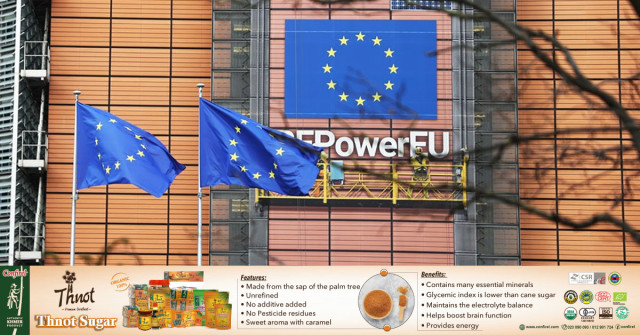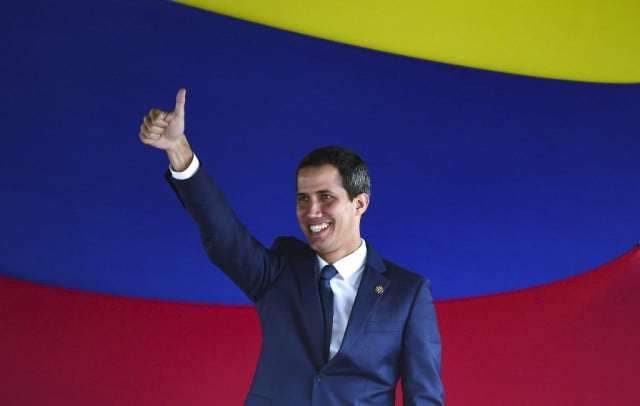Eurozone Economy Likely to Stay Weak Through Year-end: ECB Chief

- By Xinhua News Agency
- November 28, 2023 3:18 PM
BRUSSELS -- Economic activity in the eurozone has stagnated in recent quarters, and is expected to remain weak for the rest of the year, President of the European Central Bank (ECB) Christine Lagarde told the European Parliament on Monday.
Lagarde attributed the slight contraction of the Eurozone's real gross domestic product (GDP) in the third quarter to a combination of factors, including the "broadening impact of higher interest rates, weak foreign demand and the fading impetus from the reopening of the economy after the pandemic."
However, she expressed optimism for the bloc's economic resurgence in the coming years, citing a further decline in inflation, recovery in household incomes, and growing demand in the area.
Regarding inflation, Lagarde acknowledged that wages would continue to play a pivotal role in driving domestic inflation.
Although she expected the weakening of inflationary pressures to continue, "the medium-term outlook for inflation remains surrounded by considerable uncertainty," she said.
Concerning monetary policy, Lagarde confirmed that the ECB's future policy rates would be set at "sufficiently restrictive levels for as long as necessary" to meet its target of bringing inflation down to 2 percent.
"The appropriate level and duration of restriction will continue to be determined in a data-dependent manner, assessing the inflation outlook, the dynamics of underlying inflation and the strength of monetary policy transmission," she said.
The ECB will ensure price stability, and support the green transition of the Eurozone's economy, Lagarde noted.















